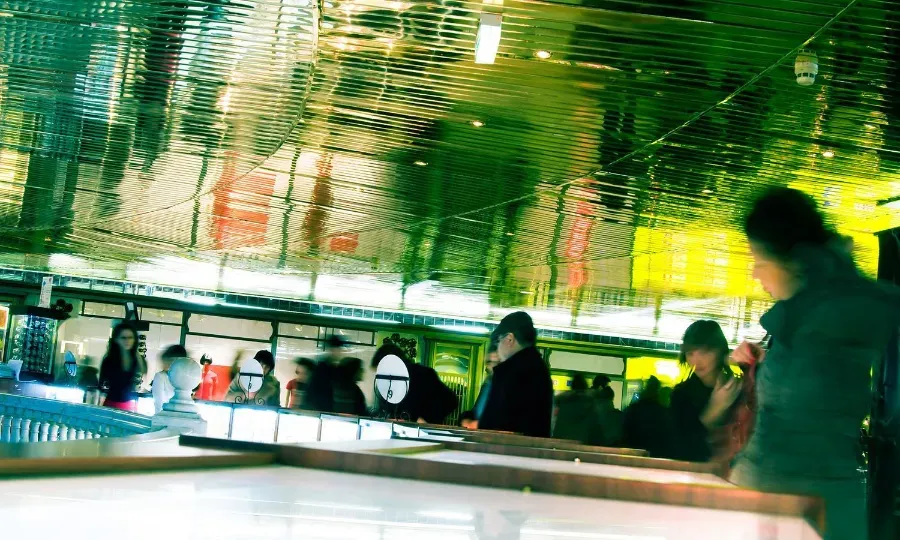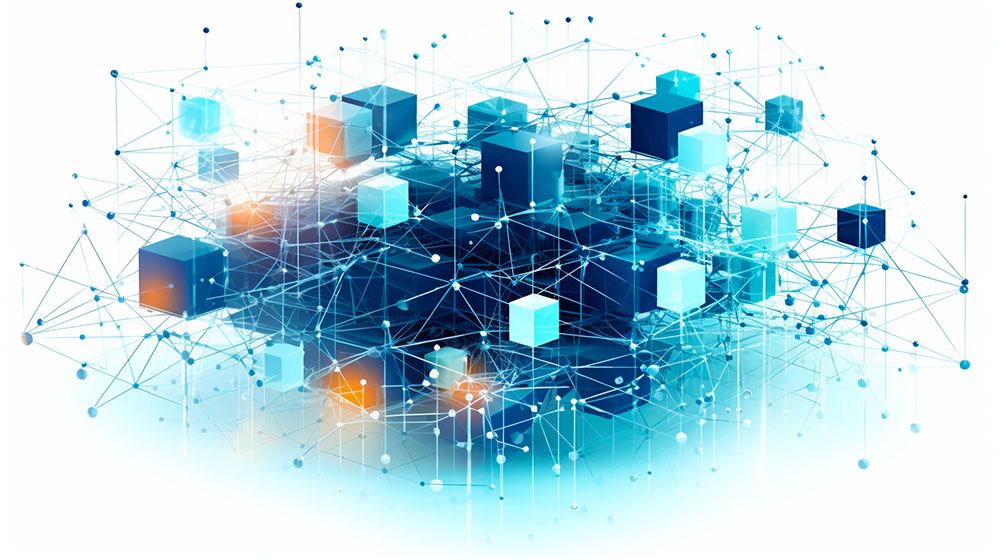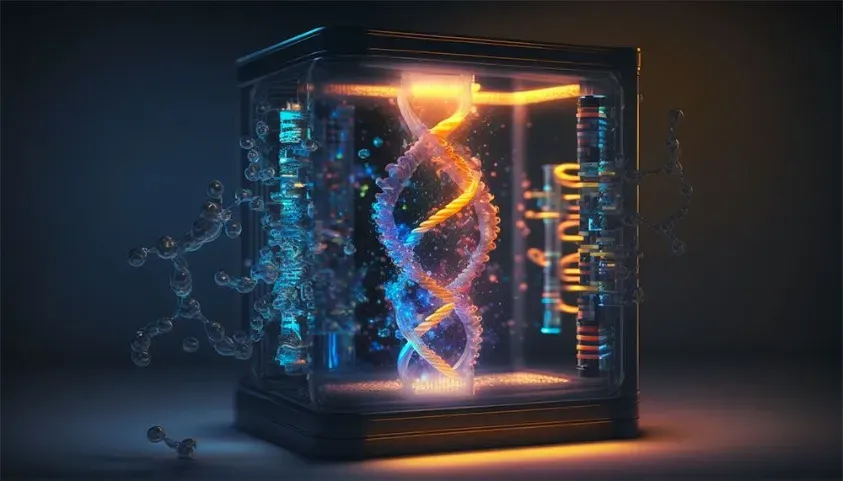How Trust Could Drive Trillions of Dollars With Big Consumer Data

Without being aware of it, consumers create massive amounts of consumer data during their daily activities. This massive data deluge helps organisations to better understand their business and to better target those consumers with personalized offers, experiences and products. For both organisations and consumers it is important to be aware of when and where all that data is created. For consumers it will help them how to deal with all that data that is created, because only when you are aware of something you can take action, if required. For organisation it is important to know that all that data can only drive value if you are trusted and you respect the consumers’ privacy.
Let’s first have a look at an average life of a person and how and when the data is created. From the moment someone wakes up data is being created. For 90% of young people their smartphone is the first thing they will use after waking up, quite often even before they get out of their bed. This means that the telecom organisations know exactly when you wake up, as do all those apps that you check in the morning. When you have a smart energy meter installed in your home, the energy company also knows when you wake up.
When you go to work, be it with public transportation or by car, many organisations know where you are and which route you take. The bus or train company know where you checked-in and checked-out and using all the cameras above the roads you can be tracked as well. Going by foot or bicycle to work? Don’t worry, you will be tracked as well:
CCTV cameras are becoming more and more used everywhere in the world. It is estimated that over 300 different cameras might record an individual throughout the course of a single day. Especially the UK is a big fan of security cameras; with over 4.2 million CCTV cameras in place it has more cameras than China has. There are approximately 100 million security cameras worldwide at the moment and this will grow in the coming years. These cameras are used to control important economic areas/buildings/highways/events and smart cameras can be used to notify organizations in real-time when a security breach is noticed.
IP cameras that are directly connected to the Internet will account for approximately 60% of all sales in 2016 and the percentage of HD security cameras will grow to 50% in 2014. The percentage of HD CCTV smart cameras is still small, but expected is that in 2016 the amount of High Definition CCTV cameras will reach 3.7 million in the UK alone. These cameras are not ordinary cameras, but these cameras can hear, detect dangerous situations, detect and follow movements and know who is recorded in a split second.
Once you arrive at your work, your boss knows exactly when you clock-in and clock-out or when you move through the security gates with your personalized ID card. Of course, your computer uses the company network and so, in theory, your boss could track what you are doing as well and/or what your area of expertise is:
There are tools available in the market that can scan and analyse all documents, emails, phone calls, chat messages, intranet data etc. to understand what knowledge is present with whom. These tools can reveal who has what knowledge, which employee is an expert on what topic and which knowledge is lacking.
But the day is not over yet, when you return home you do your shopping at your local supermarket that uses a personalized loyalty card to give you additional discounts. The supermarket as such knows exactly what you are having for dinner and/or if you are throwing a party (based on the amount of liquor your might have bought). In The Netherlands, Dutch supermarket Albert Heijn is now piloting with self-scanning of grocery items via your own smartphone. Of course you will need to provide your loyalty card and use the company provided free-WiFi that enables them to register many personal details.
In many stores cameras start to appear these days that monitor how you walk through the store to determine the best floor plan and to optimize how the products are arranged in store. When you pay with your debit or credit card your bank also knows that you did your shopping and whether or not you are having guests for dinner (depending if there is a deviation from your normal shopping patterns).
Back at home you enjoy a quite evening in front of the television using a set-top box from your cable company. During the commercials you receive micro-targeted TV ads based on the data from your set-top box. When you go to bed you probably check your smartphone one more time, so your telecom organisation knows when you go to sleep. The next morning the circle starts all over again and over the period of days, months and years a personalized predictable pattern of your life can be created using all the different data sources.
Of course, organisations use all that data, but for those organisations using the data it all hinges on consumer trust whether or not they will be successful. The Boston Consulting Group estimates that “those that manage this issue well should be able to increase the amount of consumer data they can access by at least five to ten times in most countries”.
They also reported that without the important consumer trust “most of the trillions of dollars of social and economic value promised from big data will not be realized”. In fact, the report estimates that “two-thirds of the total potential value stands to be lost if stakeholders fail to establish a trusted flow of personal data.” An article on Infosecurity-magazine.com reported that the BCG report showed that privacy of personal data remains a top issue for 75% of consumers in most countries while also showing that consumers are willing to allow the use of personal data for multiple purposes if, and only if, organisations are careful stewards of all the data.
So, while consumers generate massive amounts of data during their daily activities, it can only become valuable information if the organisations ensure that the data is kept secure, the consumer knows what is done with the data and their privacy is protected. In essence, organisations will have to stick to some ethical guidelines in order to create that trust and to build value from all that data. However, if they do it correctly, the potential value that can be derived from all that data is enormous.





